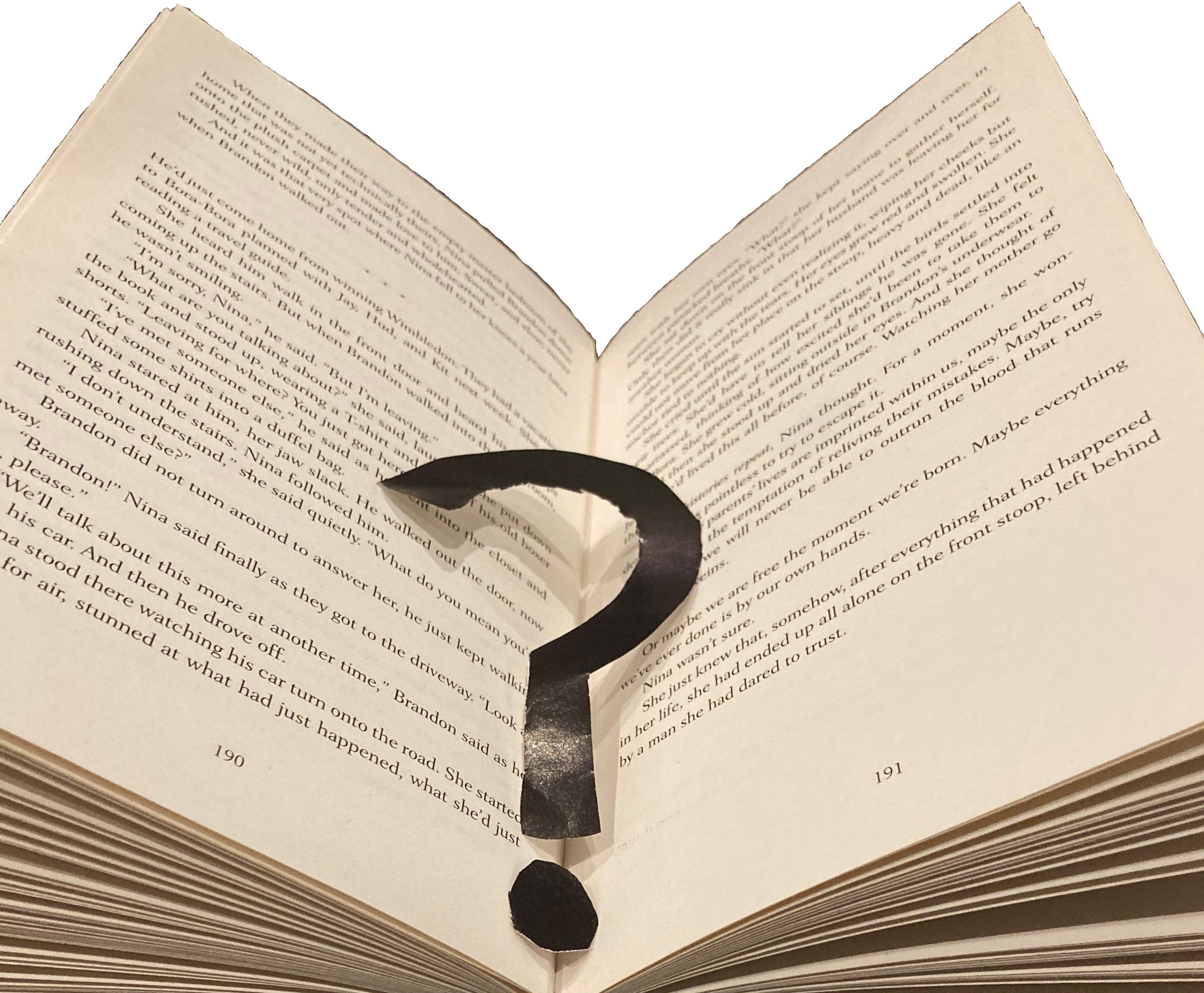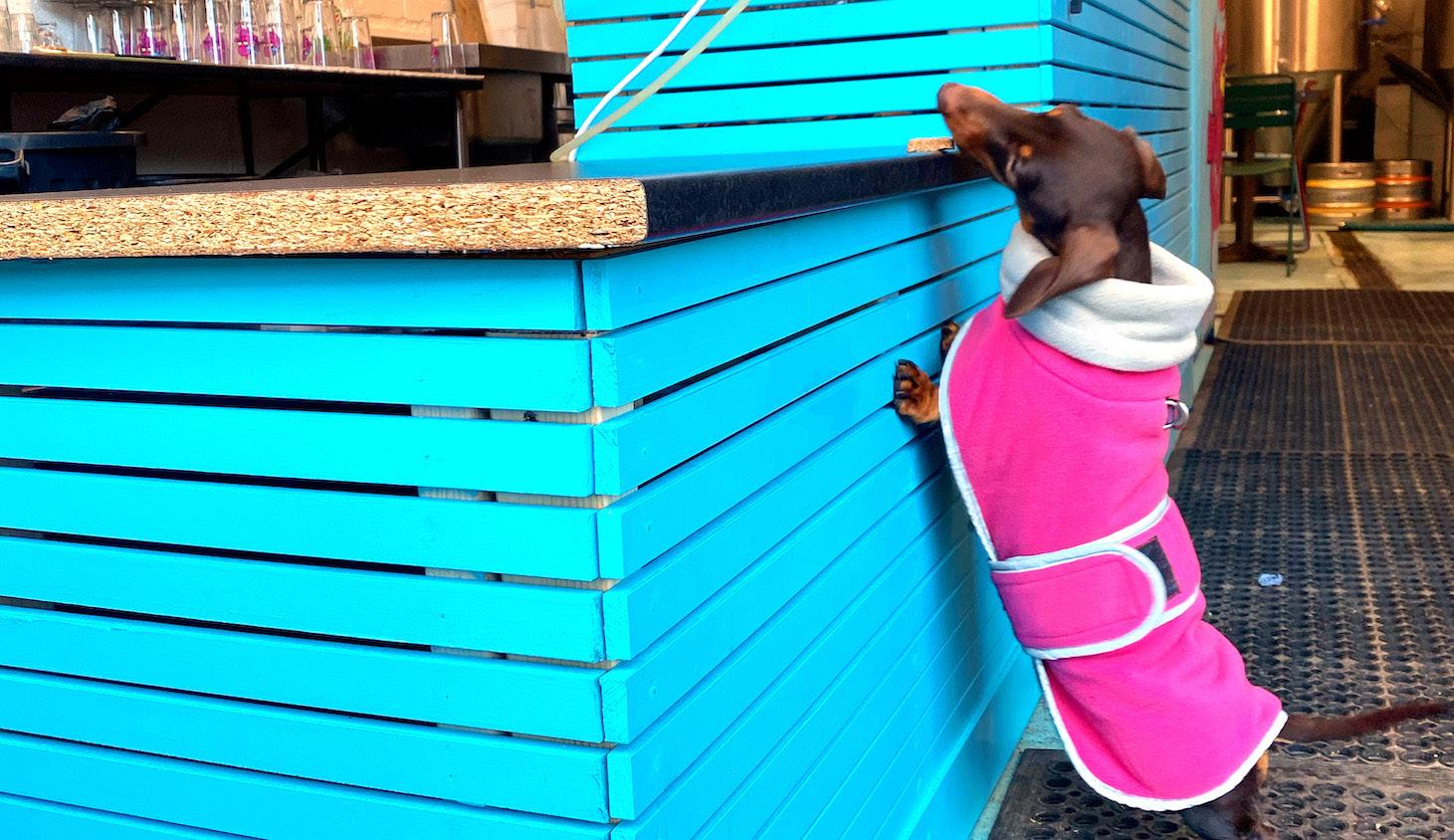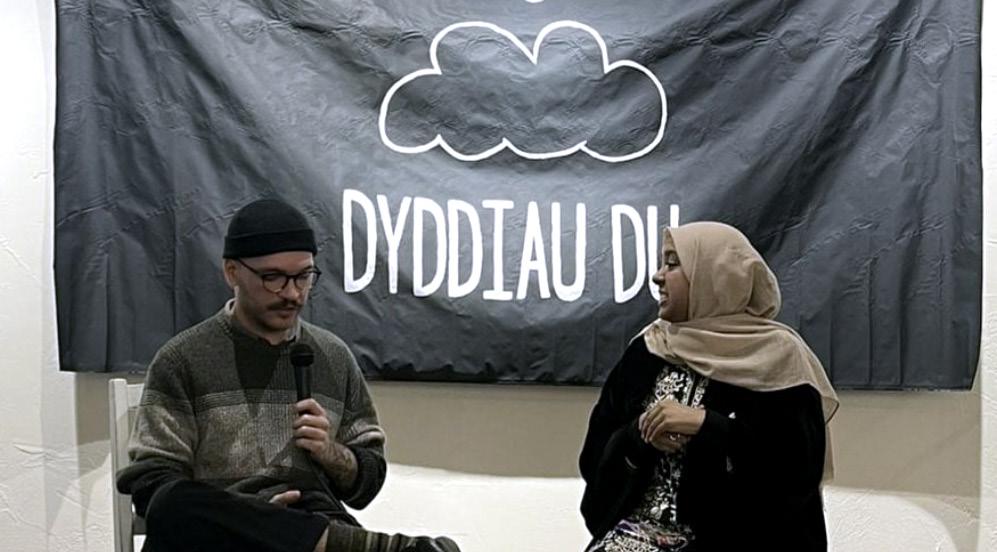Alt.Cardiff
If it’s offbeat and in Cardiff, then it’s in here

If it’s offbeat and in Cardiff, then it’s in here

The eco-friendly biscuits will be made from grains that would otherwise be thrown away
November marks a year since Fighting Homelessness was set up, a project that uses combat sports, including boxing, to overcome real life challenges.
Upcoming developments for the project include interclub competitions between the Cardiff and Swansea groups and the introduction of new programmes in locations around Wales.
Founder Robert Green firmly believes they are just getting started.
brewery is expanding their business by creating a perhaps surprising new product – dog biscuits.
Flowerhorn Brewery, based in Fairwater, is putting the final touches to its pale ale biscuit, which is made using the leftover grains from the brewing process.
Co-founder Andrew Traynor said the expansion is something he and colleague Arran McHugh had wanted to do since they set up the brewery in 2019, after stumbling across a recipe.
Last year, they baked a batch of biscuits just for fun, and they were a hit with their four-legged customers.
“We gave the biscuits out to dogs who were visiting the taproom and received great feedback,” Traynor says. “This gave us the motivation we needed to move forward with the idea.”
It comes as a report, published after November’s COP27 by accountancy firm PwC and the World Economic Forum, outlined three critical actions that businesses should take to adapt to climate change.
One of these actions is to “capitalise on opportunities” that “contribute to efficiency, sustainability and climate change mitigation”.
Flowerhorn Bakery aims to achieve this through their new revenue stream, allowing them to grow both the brewery and the bakery with little environmental impact, with hopes to sell the product nationally.
But Traynor, 29, says the team are looking to be environmentally conscious in every aspect of the product, not just the leftover grains.
“Our packaging is all recyclable,” he says. “The tins are aluminium, the labels are made of paper instead of plastic, the wholesale bags are compostable, and the biscuits are vegan.
“This project will help make the Flowerhorn brand more sustainable.”
The Flowerhorn Dog Bakery hopes to launch just before Christmas.

Traynor says, “We are extremely motivated to get this product out to dogs across the UK.”
“My response is that we need to do more. As the crisis gets bigger, I want to be able to meet the demand.”
As the Welsh men’s team reach the World Cup for the first time in 64 years, three sporting organisations are joining forces to host a discussion about inclusivity in the game.
Homosexuality is illegal in host country Qatar, but the event will instead celebrate. diversity on home turf.
Charlotte Galloway, chair of LGBT football club Cardiff Dragons, says, “Qatar is a good example of a country that’s not inclusive, so let’s show Wales as a country that is really inclusive.”
Words by Erin Zammitt Image creditAndrew TraynorWriter, director, frontman of a punk band, Cal Ellis’s career is multifaceted to say the least. “A jack of all trades, and a master of none!” he says with a laugh.
While performing has come naturally to him from a young age, writing is Cal’s primary form of expression and is the common thread in all his creative ventures.
The 26-year-old grew up in Cathays and has always lived in and around central Cardiff, so it was perhaps only natural that he used his talent to speak up about his hometown.
Earlier this year, Cal’s poem The Dragon in the Bally was stuck up on walls around Cardiff. It was inspired by a subversive image, by friend and local artist Revealist, of the Welsh dragon clad in a balaclava that he immediately found captivating.

The poem was completed in a single writing session and expresses a nuanced view about the capital city.
It talks about “corporate horror and mass gentrification” that has created a divide between Cardiff and the rest of Wales.
Perhaps this is partly to do with the language, and as a non-Welsh speaker, Cal admits he often doesn’t feel very Welsh.
He says, “It doesn’t feel like a Welsh place, because most of the people in Cardiff aren’t Welsh, they’re from all over the world.”
Perhaps this is true, as new
ONS data from the 2021 Census shows that Cardiff is the Welsh local authority with the highest proportion of non-UK born residents, with one in six residents born overseas.
But the diverse mix of people is what Cal loves most about his home.
“What is it to be from anywhere?” he says. “The biggest boundary to cross is never where someone’s from, it’s always the sort of person they are.
“I’m proud to be from Wales, but I don’t think I’ve got much of a nationalist streak in me.”
The reaction to the poem was more than Cal could have dreamed, and he received plenty of Instagram messages from people who resonated with his words, something he doesn’t take for granted.
He says, “It captured the essence of what others feel. That’s really humbling, and really cool that you can be the articulation of someone else’s thoughts.”
Cal even ended up attending the Shelter Cymru People and Homes Conference in June as part of a panel on gentrification and social justice, an achievement he still sounds surprised about.
The response to the poem
wasn’t completely positive, with some of the copies being torn down, but Cal likes that his work split public opinion.
“You know you’ve made a good impact when people like it and people hate it,” he says, “because that controversy is making people think and challenging them.”
But what’s next for Cal Ellis? “There’s more writing, there’s exploring new mediums,” he says. “That’s something I love doing, the adventure of it.”
One thing’s for sure, this jack of all trades won’t be boxing himself in any time soon.
“The biggest boundary to cross is never where someone’s from, it’s always the sort of person they are.”


into your local library and you’d expect to see shelves upon shelves of books. But what you might not expect to see is a group of knitters, a line of people receiving financial advice and a class teaching computer skills – often in the same building.
And in the last couple of months, Cardiff libraries have also become lifelines for those affected by the cost-of-living crisis, by providing a space for people to keep warm.
Warm Welcome Spaces is an initiative set up to connect the thousands of UK organisations who are opening their doors to those struggling to heat their homes this winter. While the campaign was started by the ChurchWorks Commission, a network of UK churches, participating spaces include libraries around the country.
This is a nationwide venture that is perhaps particularly necessary in Wales. The Cost-ofLiving Report published by Public Health Wales in November this year says that the country already has higher levels of poverty compared to the rest of the UK, therefore the population is likely to be harder hit by the crisis.
In addition, the report explains that Wales’ housing is some of the least energy efficient in Europe, meaning it is more difficult and therefore more expensive to heat, and contributing to greater levels of fuel poverty.
Warm spaces were introduced in all 21 Cardiff libraries and hubs on 10 October, with free hot drinks, activities and financial advice available
throughout the week. Andrea Currie, media advisor for Cardiff council, disclosed that as of 28 November, over 2,500 people have accessed the warm spaces in Cardiff libraries.
But while libraries are stepping forward to help those in need through the cost-of-living, this very crisis means the future of these spaces is under threat.
In October, Cardiff council revealed it was facing a £53m hole in its budget for 2023/24, with Cllr Chris Weaver saying in a statement, “There will inevitably be a need for savings that impact on service delivery.” An increase in funding for local authorities, announced by the local government settlement on 14 December, reduces this hole to £23m, but key services are still likely to be affected in the coming years.
The regional outlook supports this, with Public Health Wales arguing, “The cost-of-living crisis has potential consequences for maintaining current public service capacity and quality in Wales.” The loss of these services even presents a threat to health for those in the most deprived areas, according to the report.
National discussions around budget cuts have led to questions surrounding the contemporary worth of libraries, with journalist Andrew Pierce claiming on Good Morning Britain, “I haven’t been to a library in 30 years.” But how needed are libraries in Cardiff today?
In the recently published Welsh Libraries report of 2020/21, Cardiff libraries saw their total membership decline compared with 2019/20 as a result of the pandemic.
However, there was also a staggering 464% increase in digital downloads – suggesting people were still making use of the service’s resources even when they were more limited.
The library buildings have great value as well, not just to core members but to groups who use the spaces for meetings and social events. Cardiff Writers Circle host regular writing workshops at Central Library, including a current series to mark the group’s 75th anniversary celebrations.
Member of the group Martin Buckridge says the library has been key to their schedule of events, as the only venue that met their requirements of having disabled access, being in a central location and being available for free.
“It seems to me that the Central Library provides a very important meeting facility of a type unique in the city centre,” he says.
“The library’s continued ability to work with local community groups in these challenging times will play a valuable part in helping to sustain the voluntary sector.”
But while these cuts may threaten the traditional library, perhaps in Cardiff there is a new future on the horizon. Last month, Dyddiau Du had its launch – a new queer, neurodivergent-led community library and art space located in the Capitol Centre.

While the initial plan was to open a bookshop, the end product was a library, deemed the most accessible way to reach people by its creators.
The library will tailor to the needs of the community, stocking books from writers of colour and the LGBT+ community, and covering themes of mental health and neurodivergence.
Joshua Jones, one of Dyddiau Du’s founders, says that while their facilities may differ from statefunded libraries, the space provides similar services, including a place inside from the cold.
Jones, 25, says that despite often having funding cut, libraries can be pillars of local communities, and have the power to shape someone’s view of the world.
“They are inherently socialist spaces,” he says.
“Where else can a blind or visually impaired person discover audiobooks and books in Braille, or refugees take English lessons, or ex-offenders build their CV writing skills and use the printer?
“Libraries are important because they are by people, for the people.”
The full budget will be published by Cardiff council early next year, so the future of the libraries and other public services won’t be known for a while yet.
When you next walk into your local library, stop to notice the wealth of resources around you. Maybe even appreciate the warmth, something that many no longer take for granted. But also notice that these spaces are disappearing, at a time when they are perhaps more vital than ever.
Sign up Become a member – it’s free and easy, and gives you access to a wide range of services, including printing and use of public computers
If physical books aren’t your thing, a library card gives you access to BorrowBox, an online library of eBooks and audiobooks
Shout about it!
Writing to your MP or councillor to say how the library has postively impacted your life can make a huge difference
“Libraries are important because they are by people, for the people.”A poetry reading at the launch of new library Dyddiau Du. Image creditJoshua Jones